The Next 72 Hours Will Determine Fiscal Fate Of Cyprus And Its Future As An EU Member
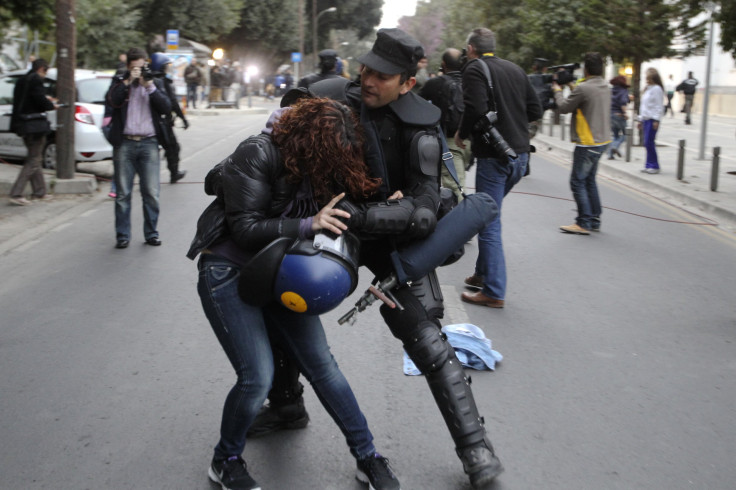
Tick tock, tick tock. ...
Time is running out for tiny European Union member Cyprus to decide how it’s going to come up with its half of a $13 billion bailout package. It has until Monday before the European Central Bank says it will let the country fend for itself, which would likely lead to a collapse of a financial system that accounts for a staggering 45 percent of Cypriot GDP.
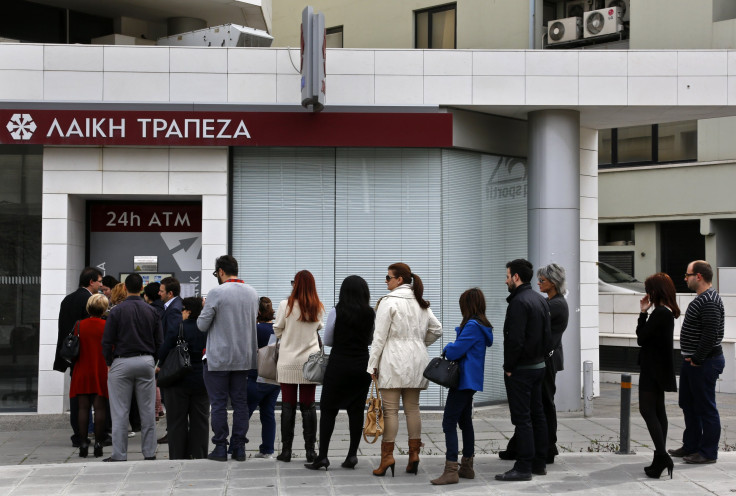
If that happens, few things short of a zombie apocalypse will keep Cypriots from bum-rushing their local bank branches trying to get their money back, and it would likely force an exit from the euro zone. On Thursday, Cyprus Popular Bank announced it was capping daily ATM withdrawals to €260 while Standard & Poor’s lowered the country’s sovereign debt rating to a dismal CCC.
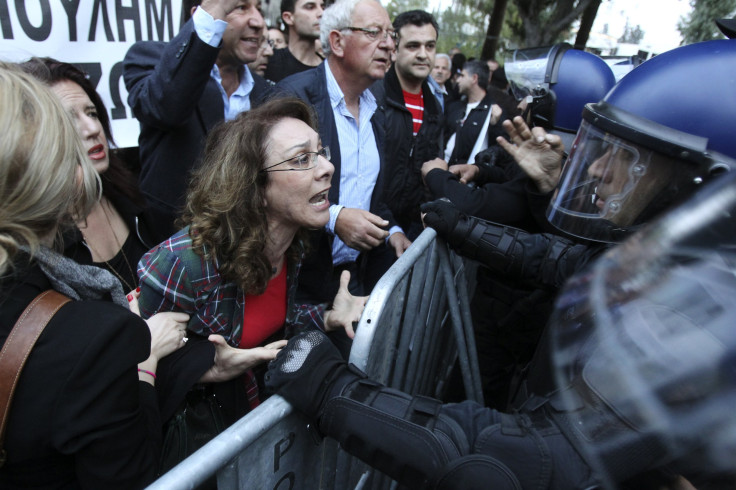
Nicosia is trying to come up with an alternative to the ECB’s demand that it raid personal savings accounts in order to cough up the dough. Half of $13 billion is equivalent to about $5,800 for each of the country’s 1.1 million people, or about 21 percent of the estimated $26,900 per capita GDP. People are already clashing with police and lining up at banks, and matters could deteriorate rapidly if an alternative to letting the country’s financial system collapse isn’t found in the next 72 hours.
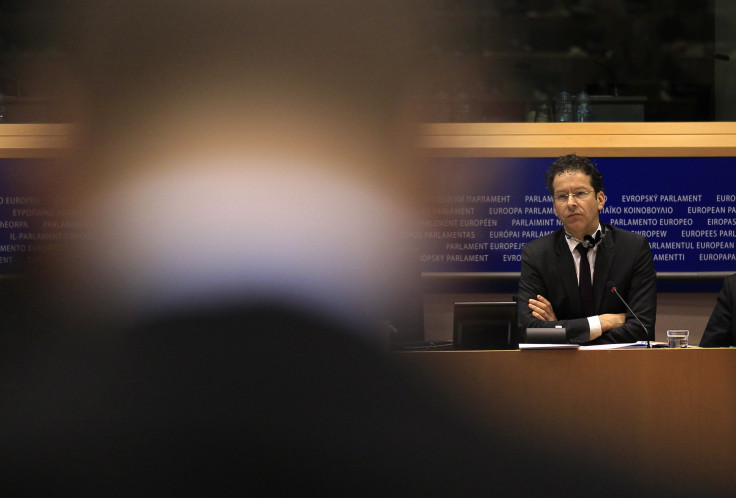
But Cyprus also is a piggy bank for Russian oligarchs, whose deposits make up nearly a third of the total. And on Thursday Eurogroup Chairman Jeroen Dijsselbloem said the Russians and other depositors of large amounts of cash – the proverbial one percenters of the financial system – should bear the brunt of the bailout sacrifice in order to spare the moms and pops from seeing their personal savings expropriated due to forces beyond their control. On Thursday a group of sympathizers staged a solidarity protest in Moscow, demanding the Kremlin stop expressing support for the Russian billionaires that are using Cyprus as an offshore shelter.
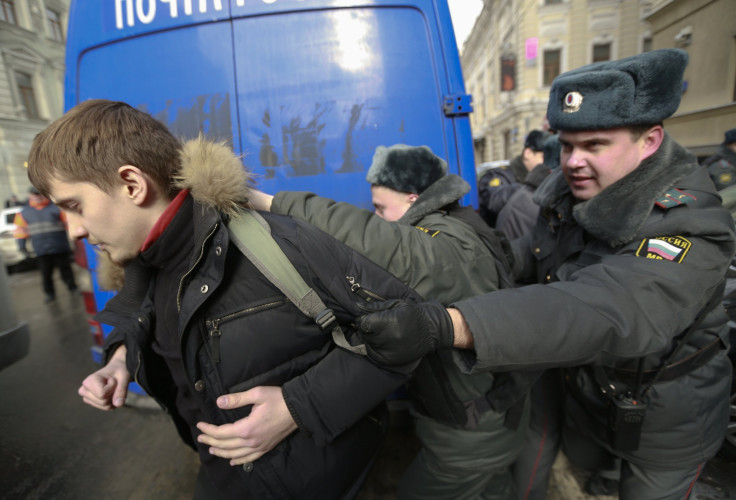
Meanwhile, Monday nears.
Tick tock, tick tock . . .
© Copyright IBTimes 2025. All rights reserved.






















